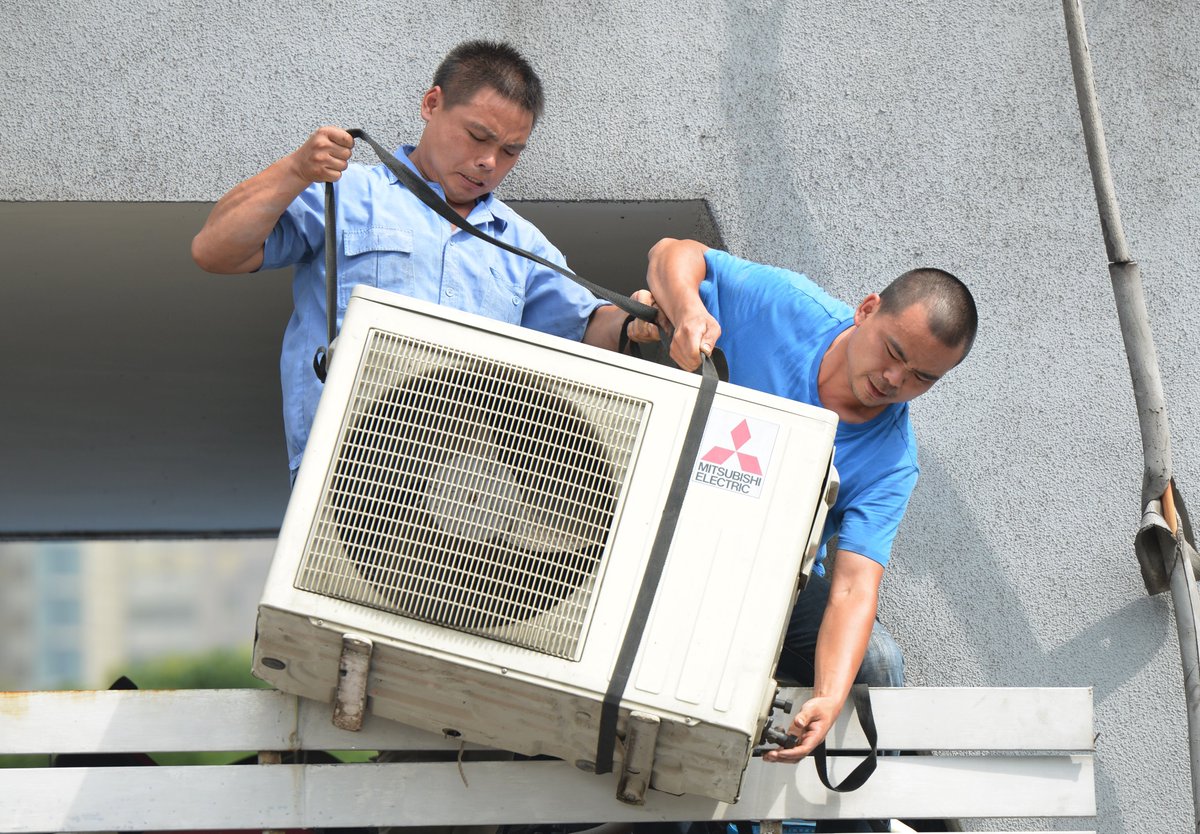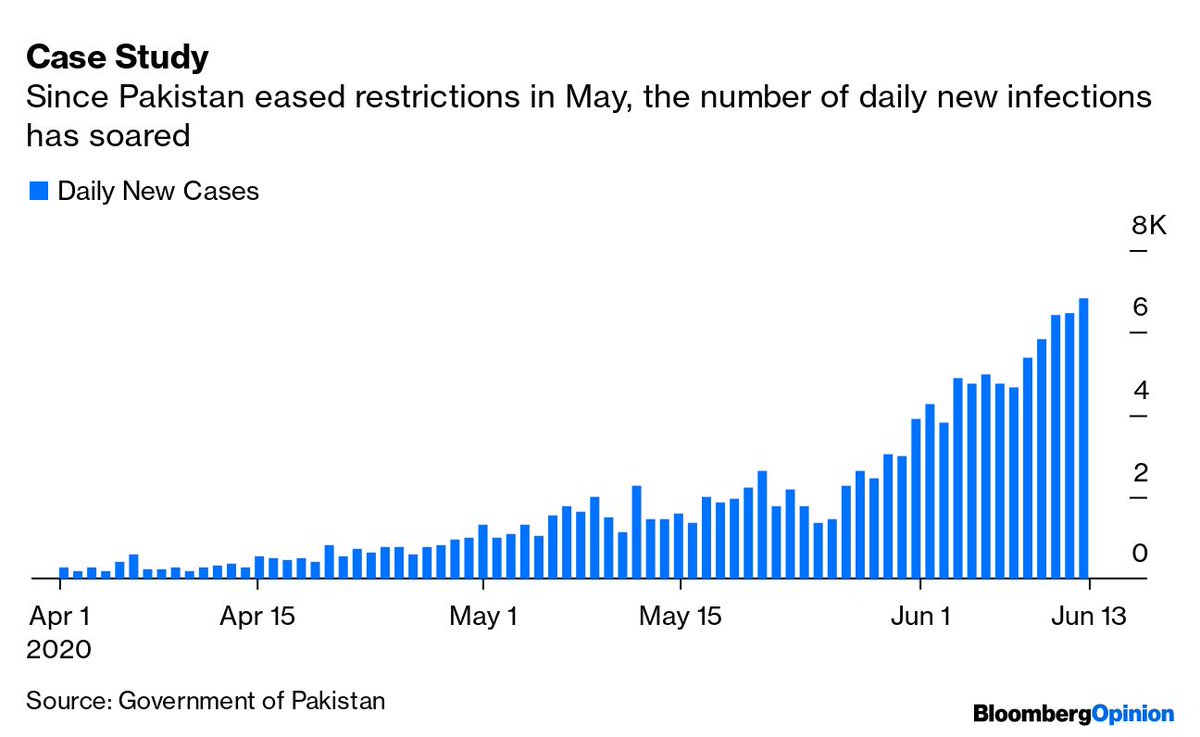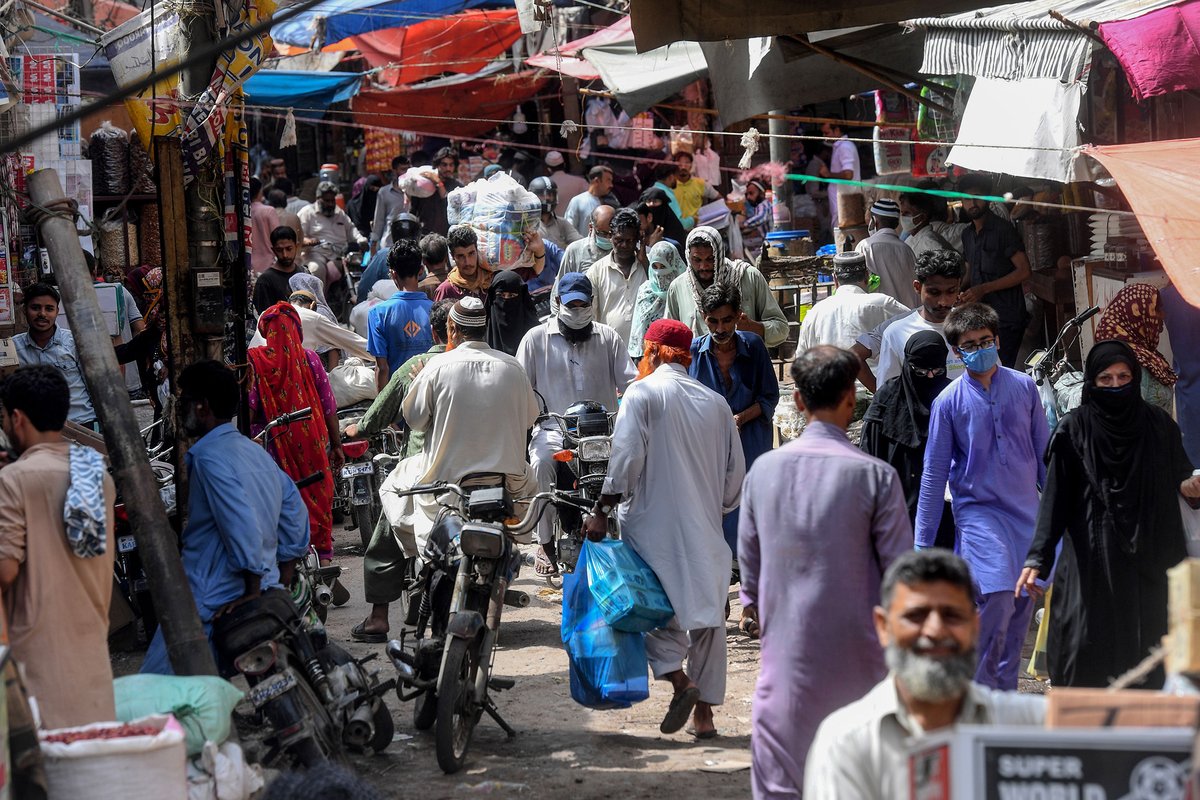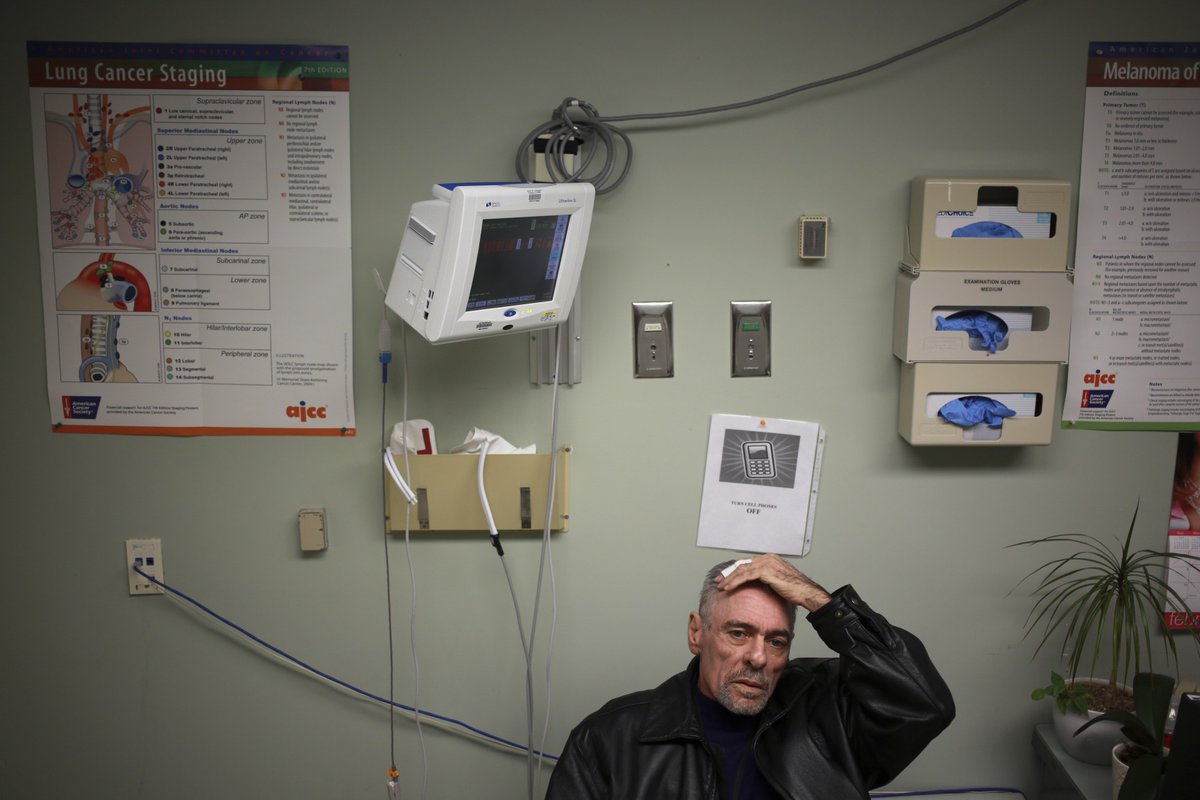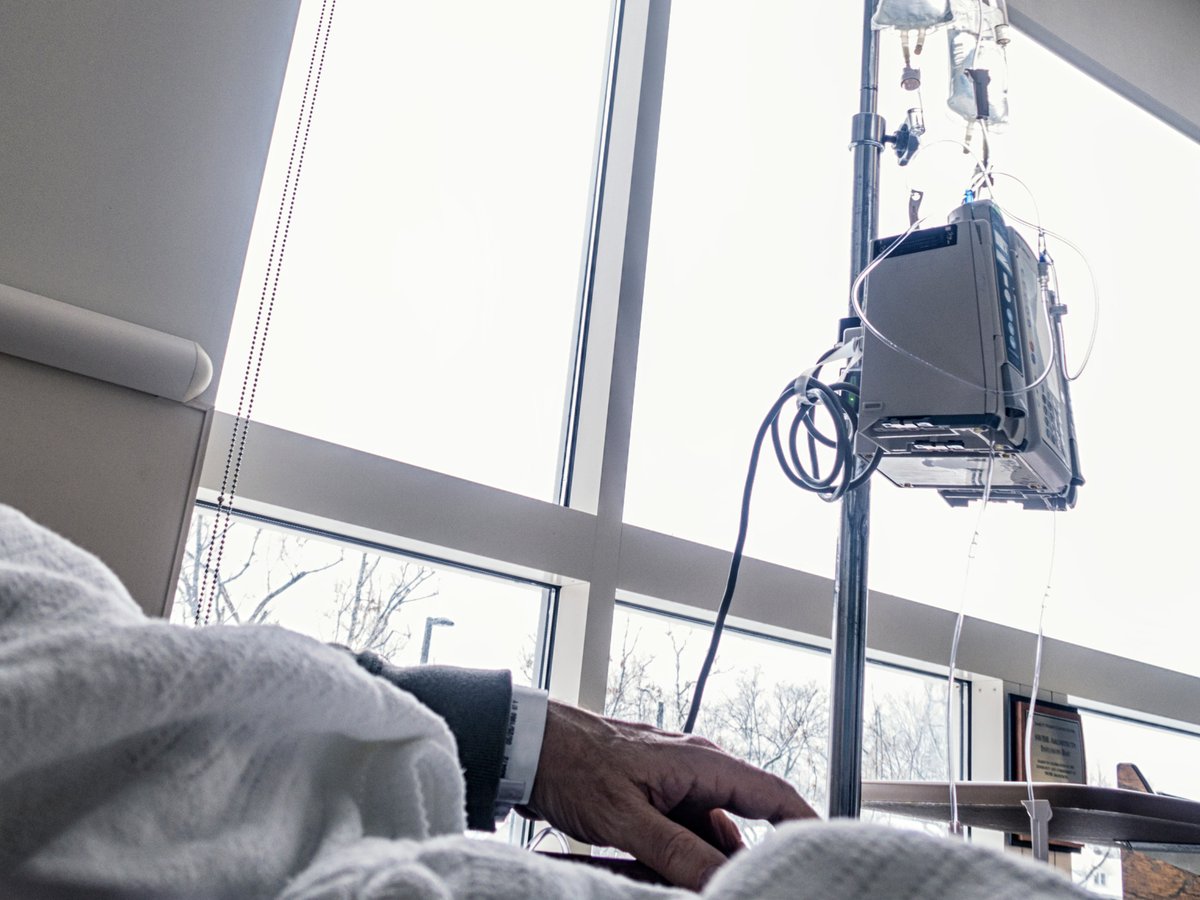🛍️ Retail stores
🏢 Offices
Businesses of all kinds are reopening again, and the HVAC systems that keep them cool and ventilated are whirring back to life trib.al/opE1O8w
Now, with a deadly virus that spreads via airborne droplets still circulating around the country, you may wonder, are HVAC systems safe? trib.al/opE1O8w
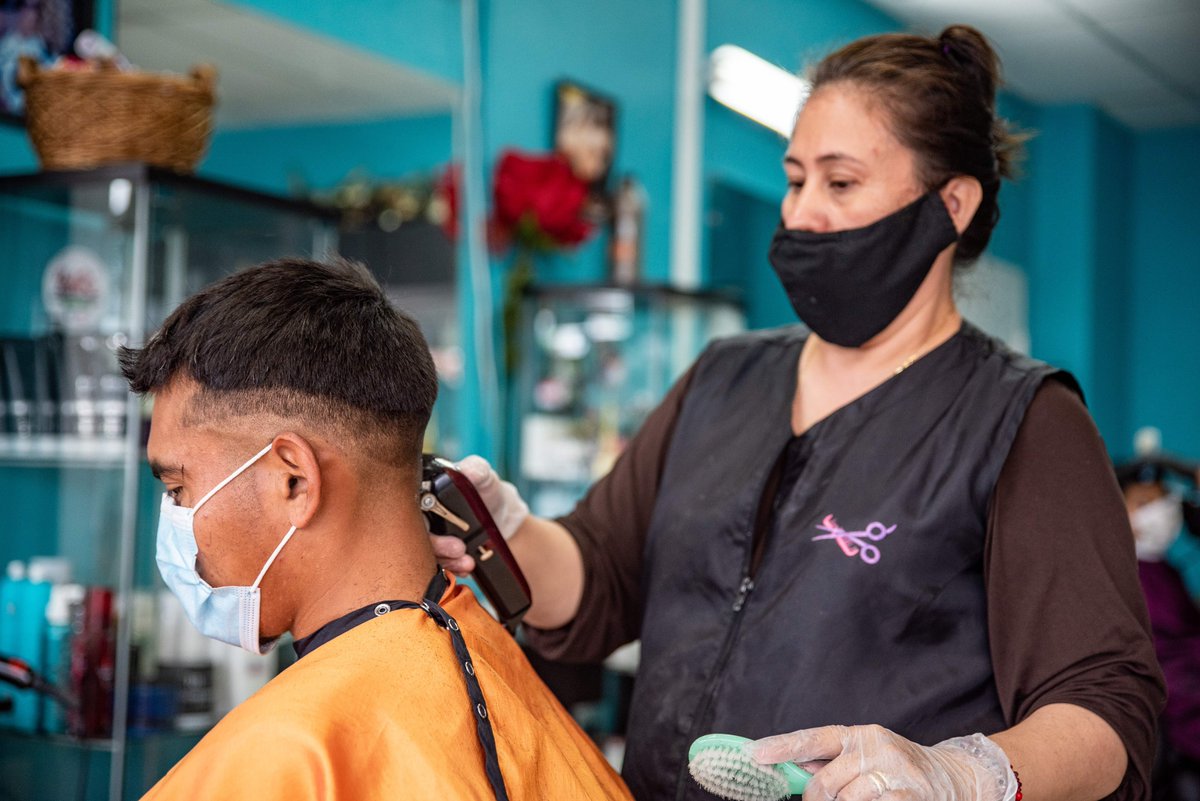
The most tricked-out air-conditioner money can buy isn’t going to make a big difference if people are packed in like sardines on a subway or at a concert venue and an infected person coughs trib.al/opE1O8w
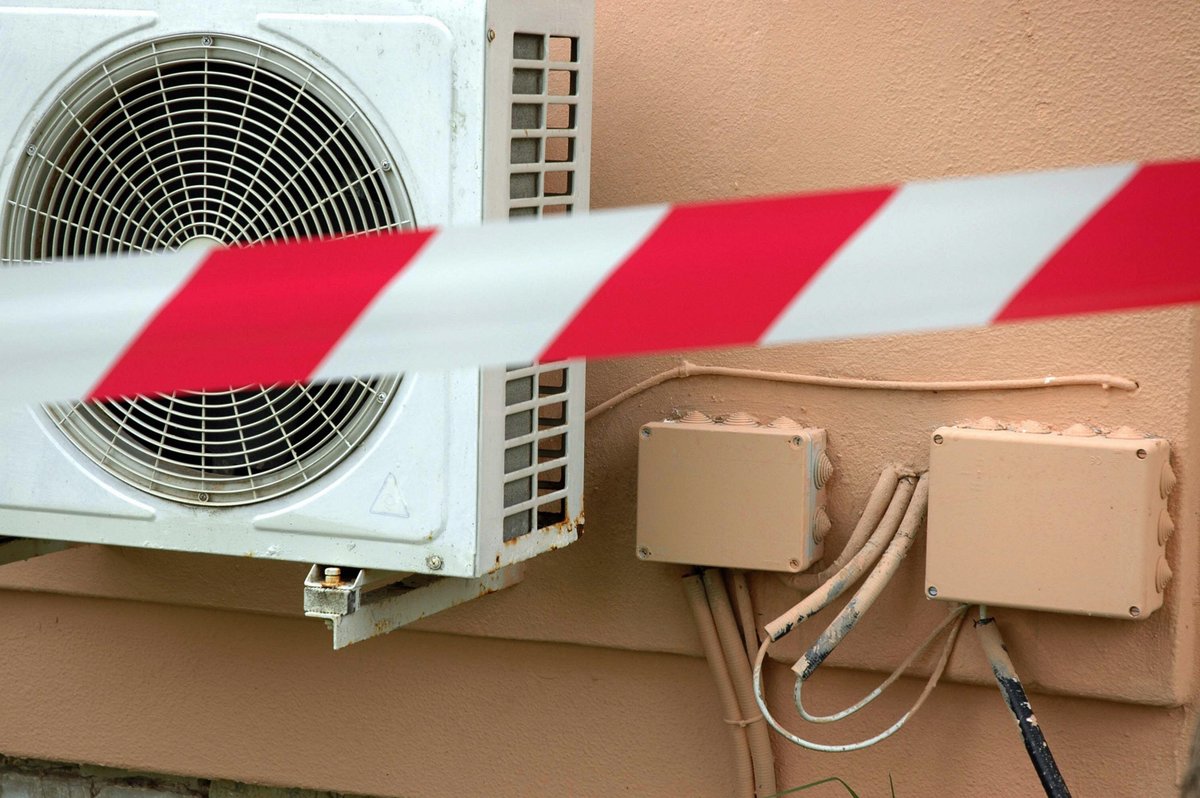
In fact, combined with social distancing, face masks, proper ventilation and humidity control are great tools for guarding against infection trib.al/opE1O8w
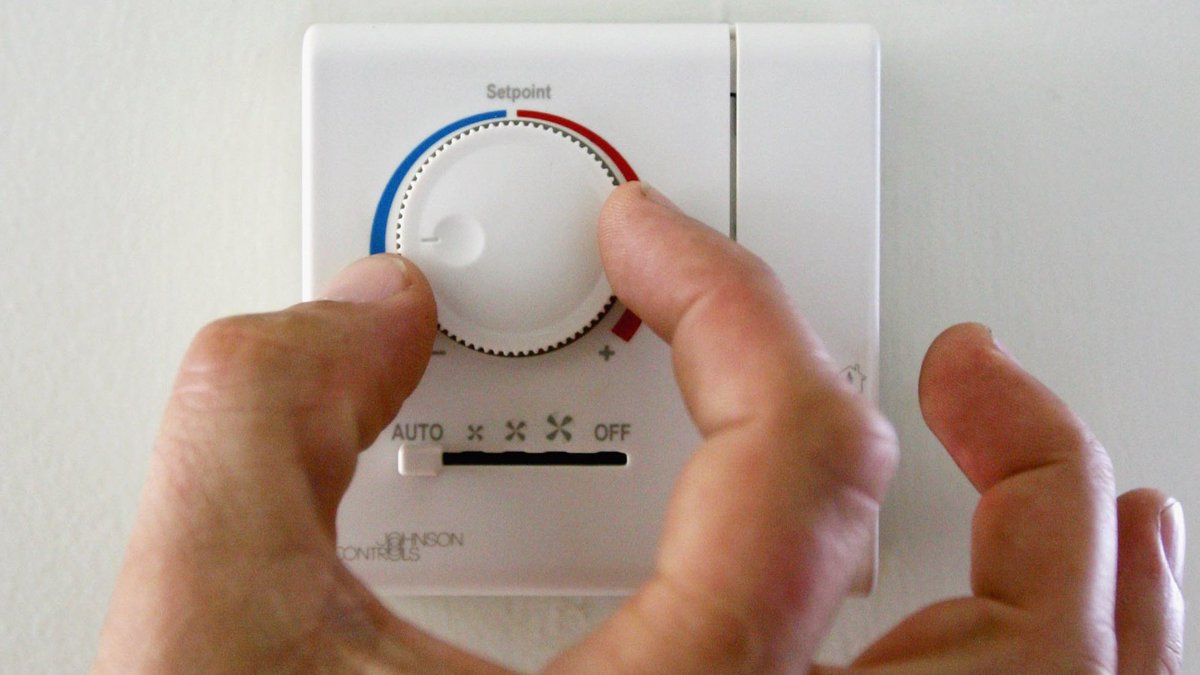
When you’re trying to combat a virus, you want more air to come in from the outside trib.al/opE1O8w
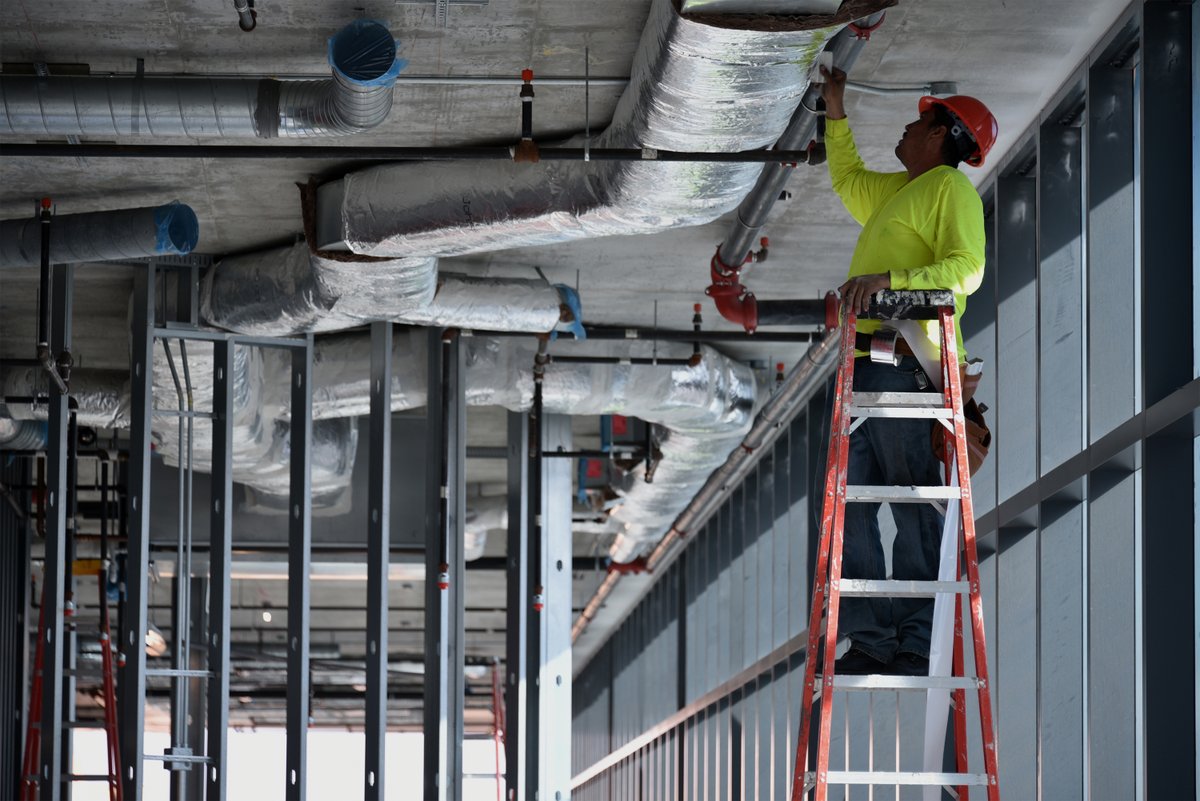
🌬️HEPA filter
🌬️MERV filter of at least 13
These are both capable of capturing small particles such as viruses trib.al/opE1O8w
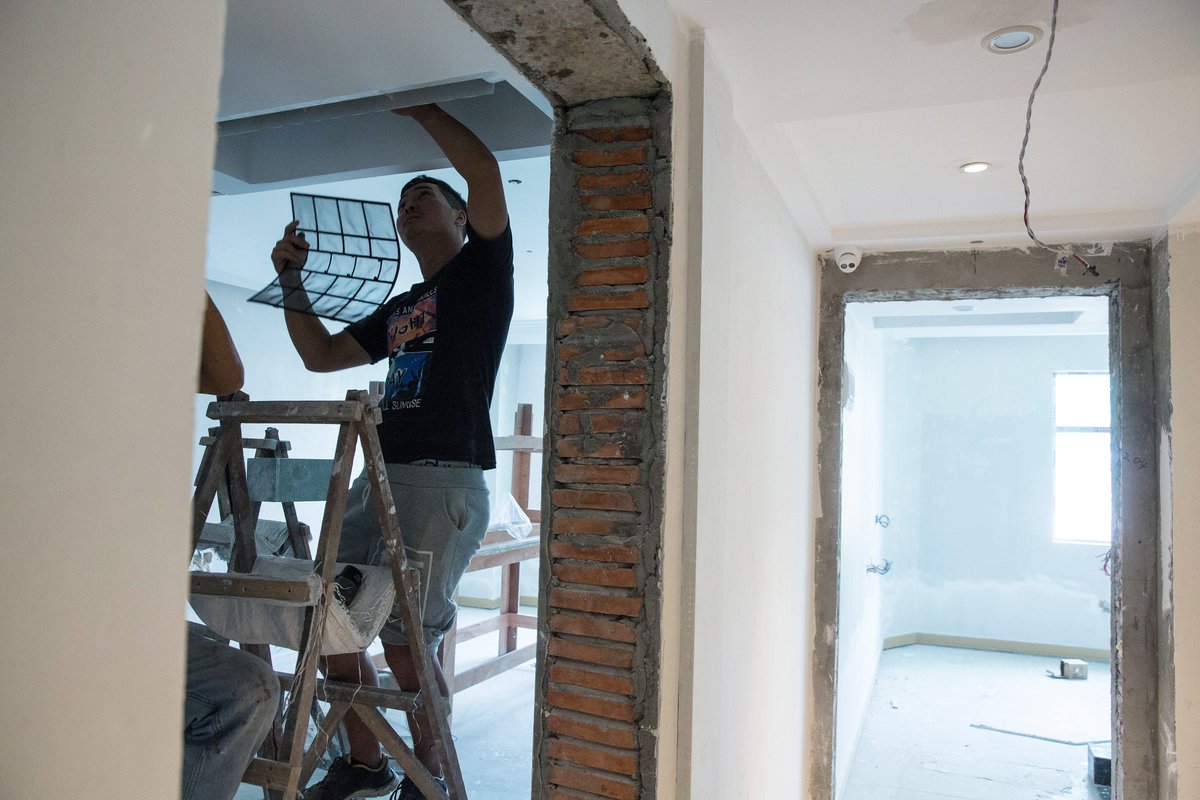
But a followup analysis showed there was no outdoor air supply trib.al/opE1O8w
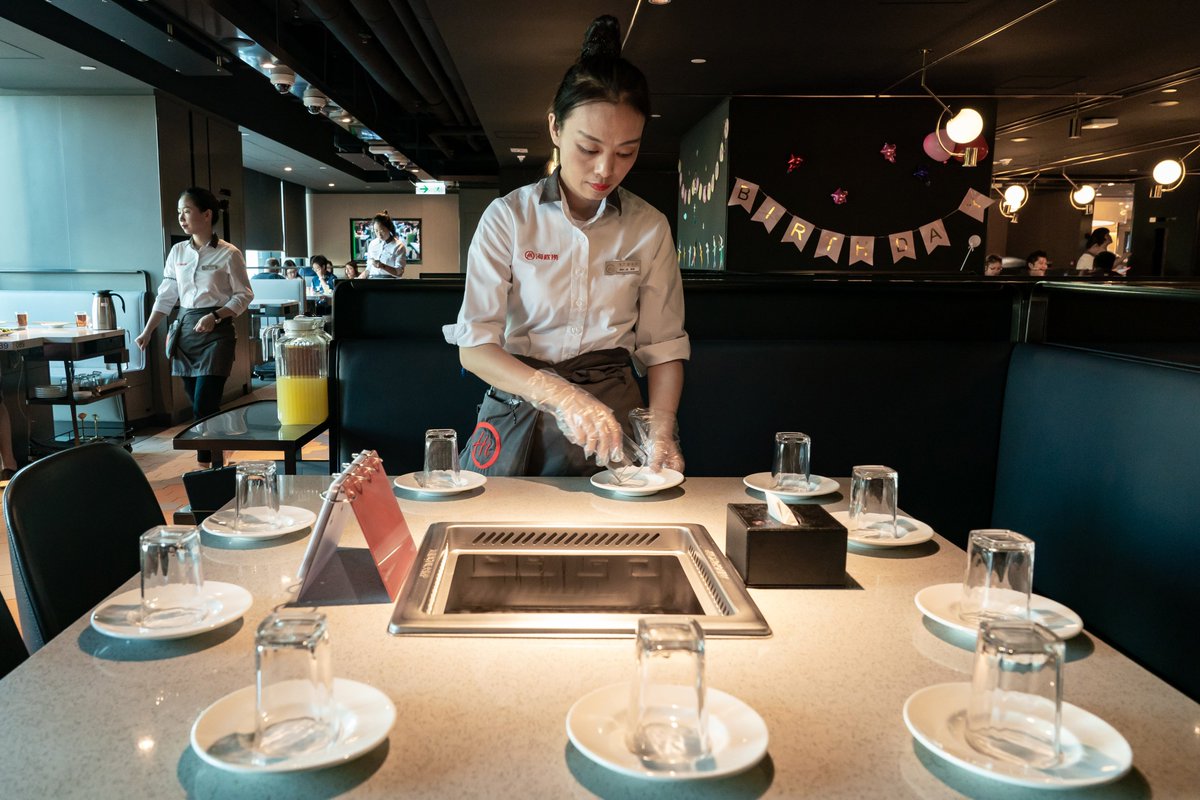
It can’t spread between people in different parts of a building via air that’s been diluted through ventilation and filtration trib.al/opE1O8w
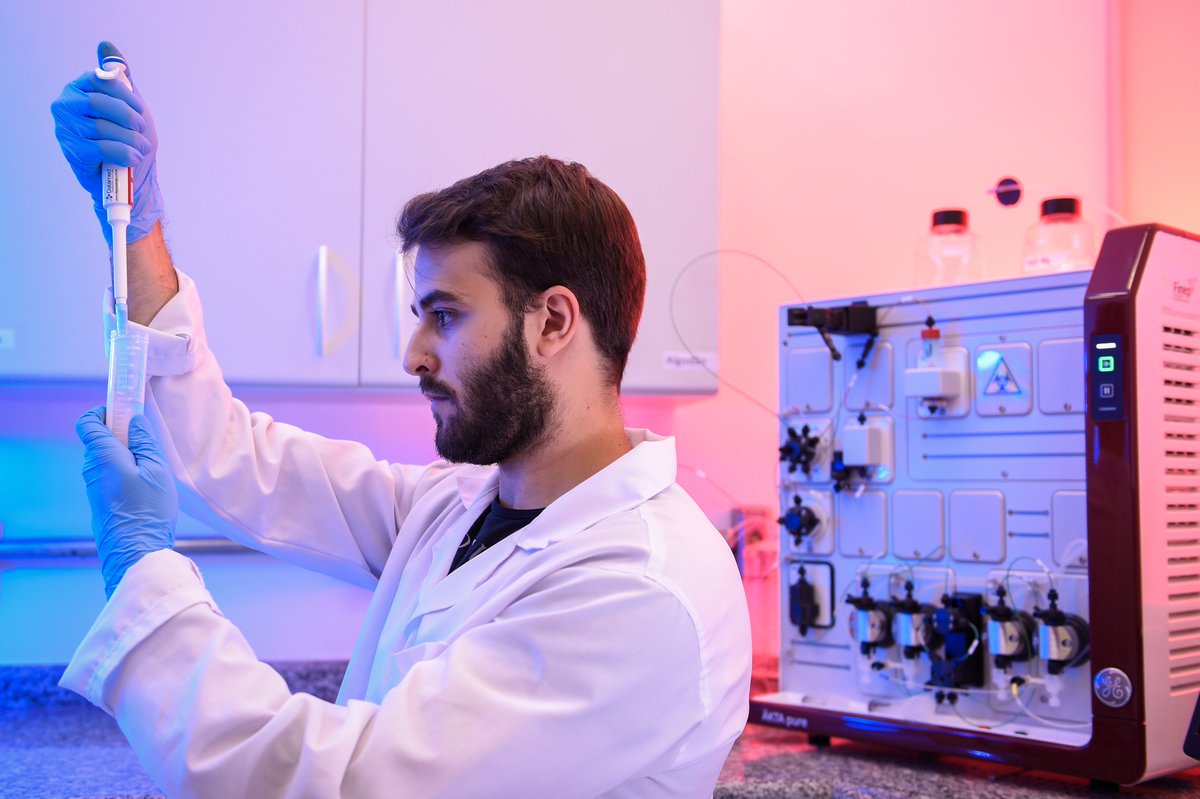
While there are discrepancies between regions — California is one of the most progressive in terms of air-quality requirements — the basic standards are quite protective trib.al/opE1O8w
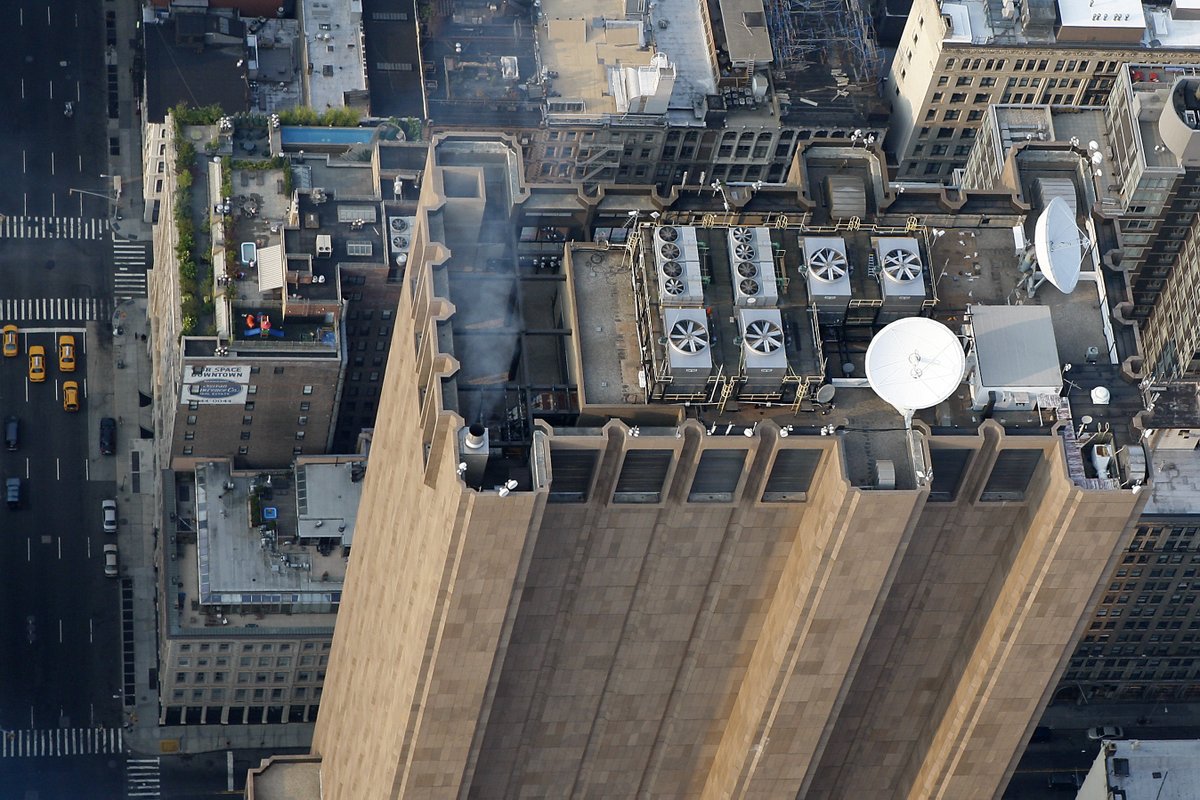
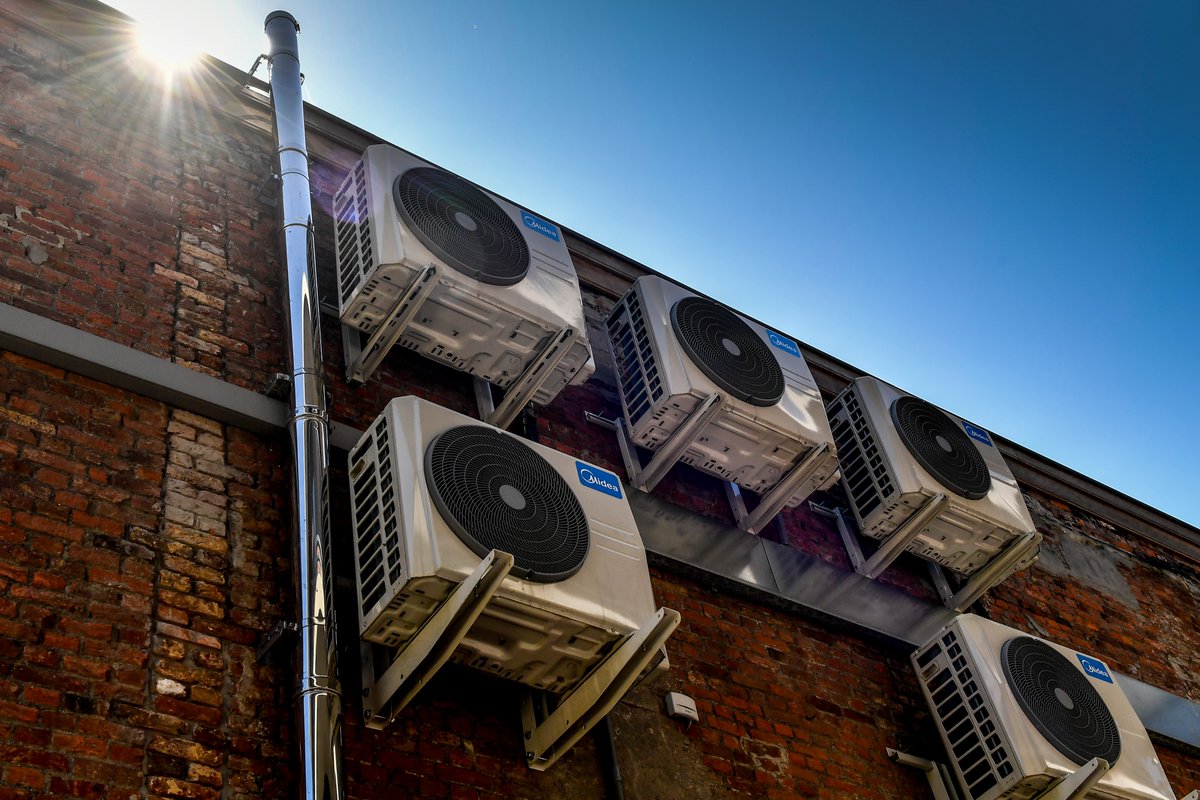
☀️But that's difficult to do in humid places such as Texas and Florida, where restaurant-goers might complain that they didn’t order a side of sweat with their fries trib.al/opE1O8w
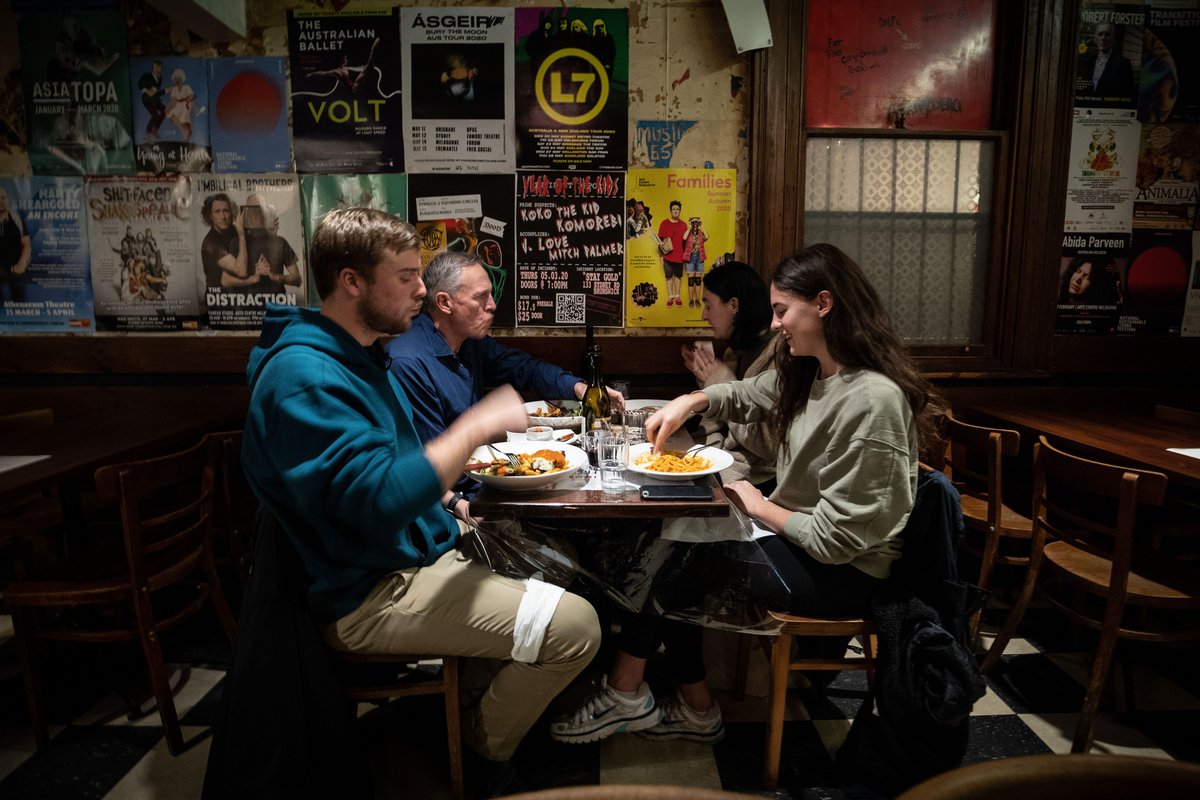
Another is to adjust an HVAC system’s parameters to increase the amount of air coming in from the outside relative to the amount that’s recirculated trib.al/opE1O8w
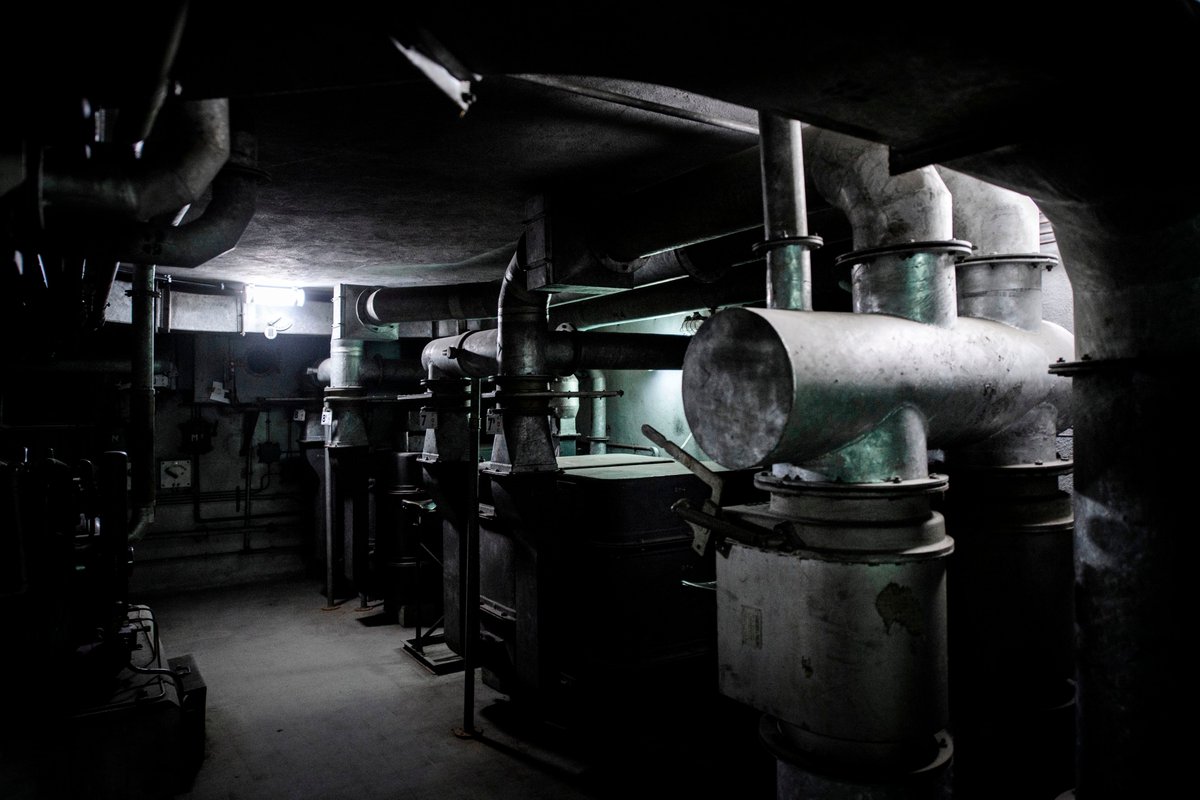
The truth is, you don’t. But there are some things you can watch out for. Odor or mustiness can be a sign of poor ventilation trib.al/opE1O8w
